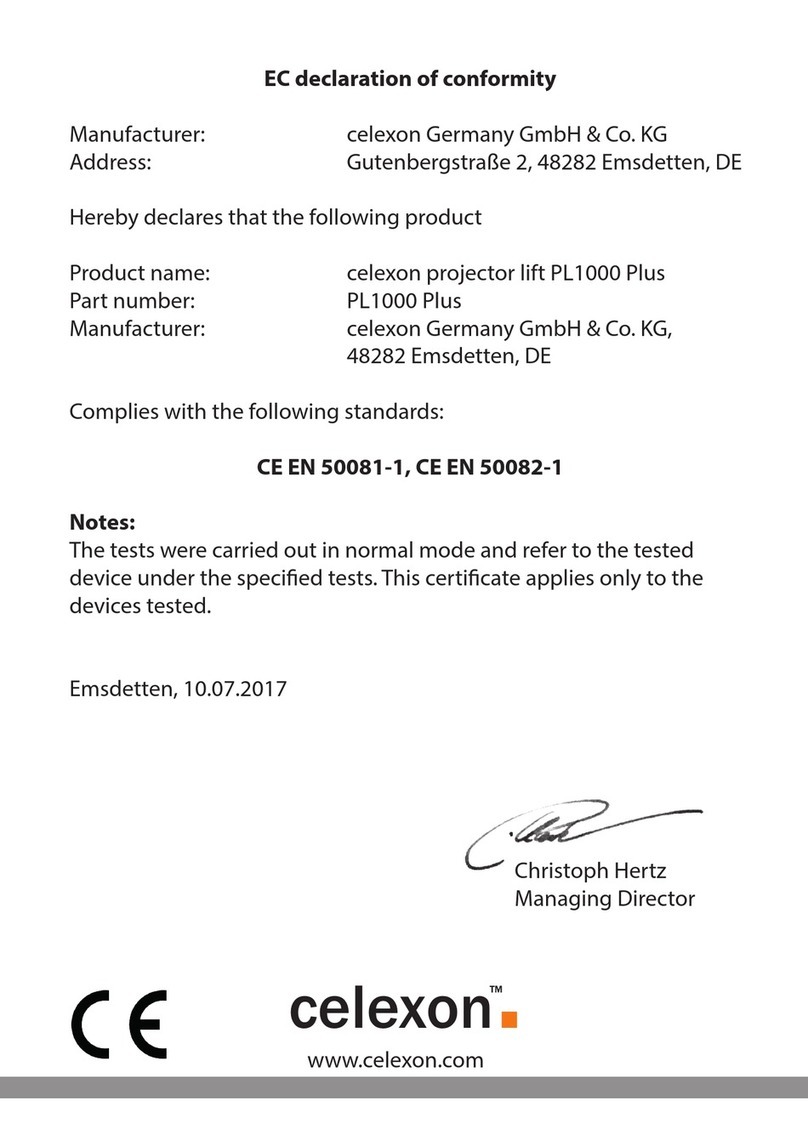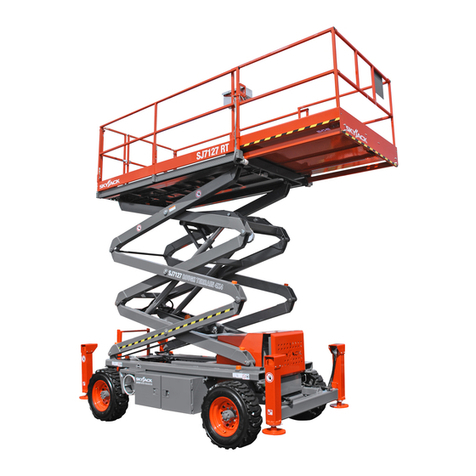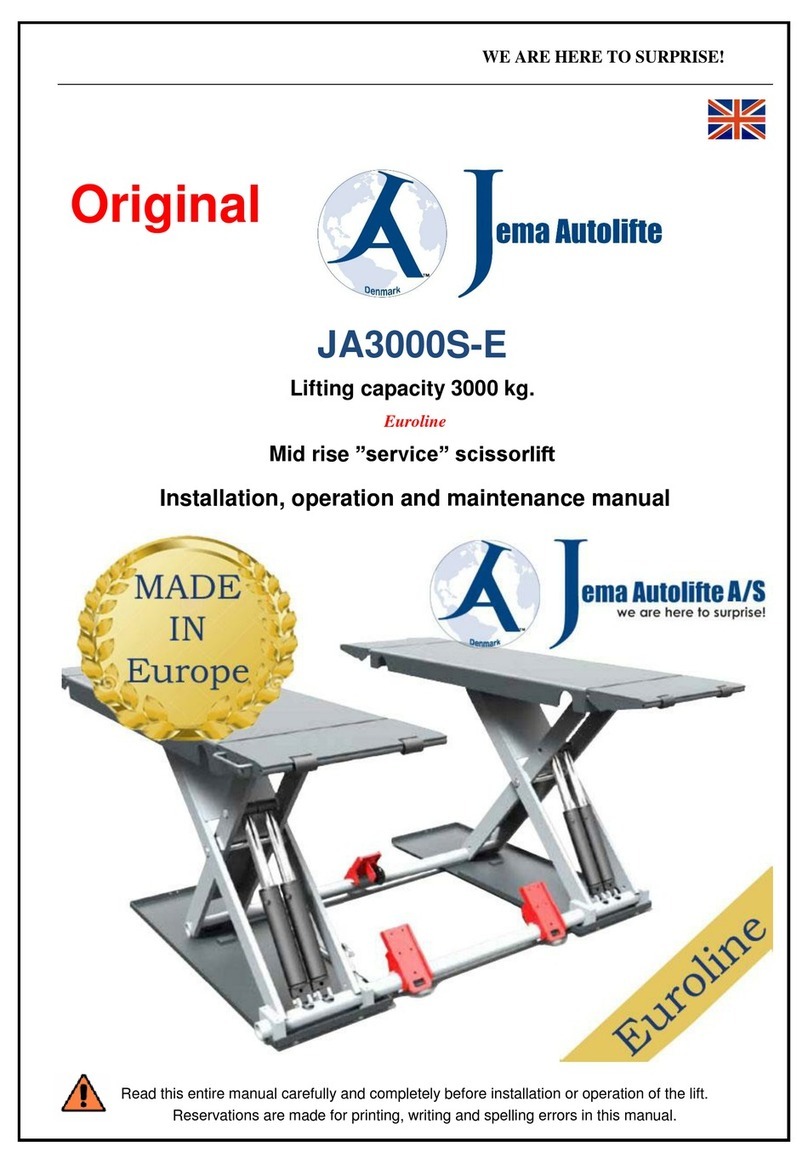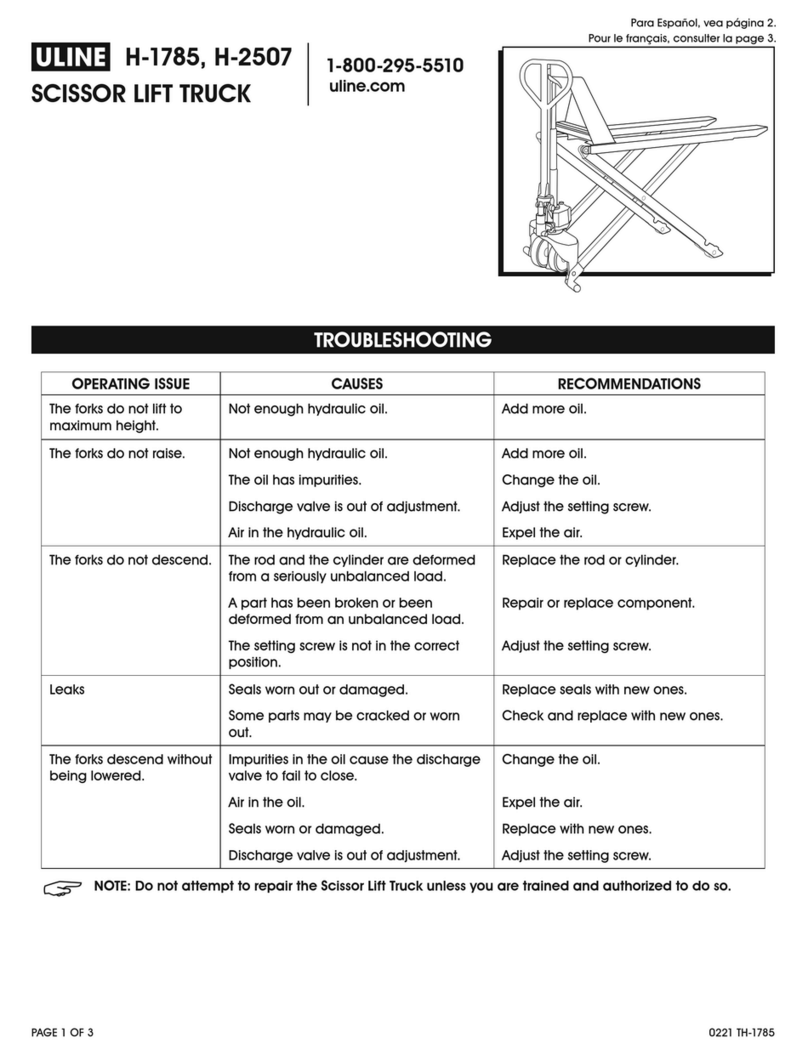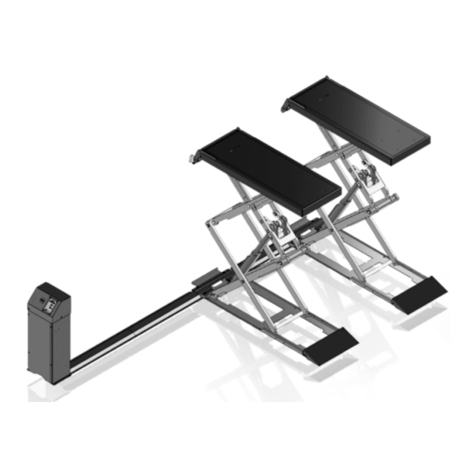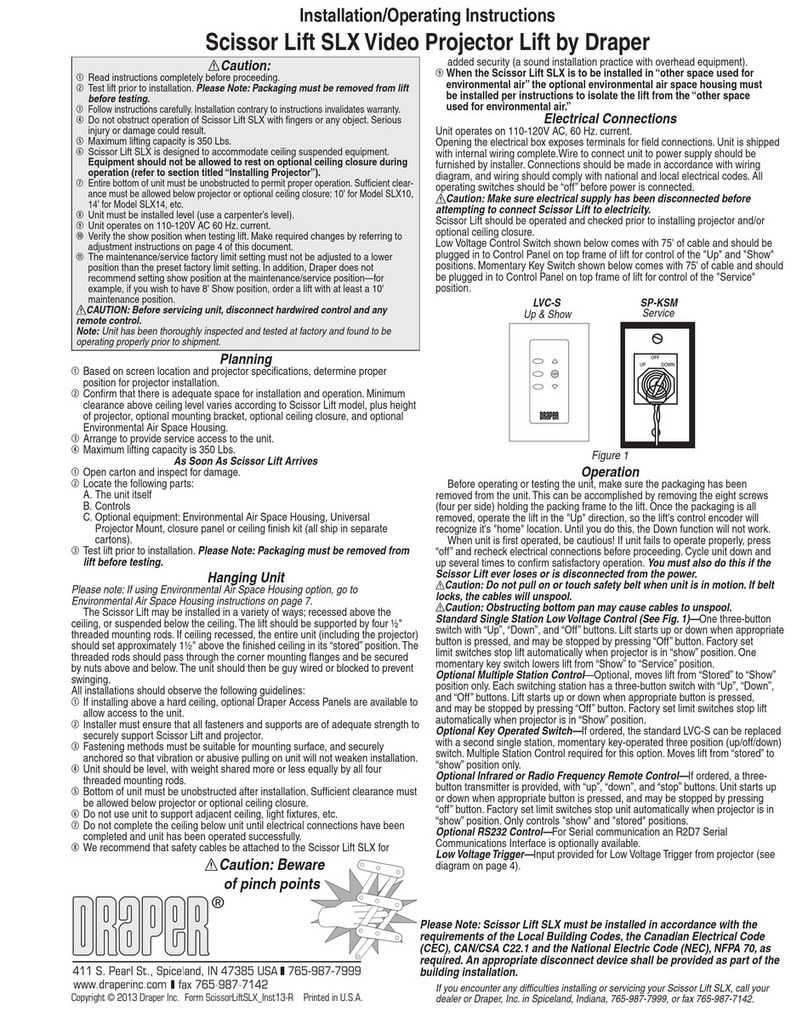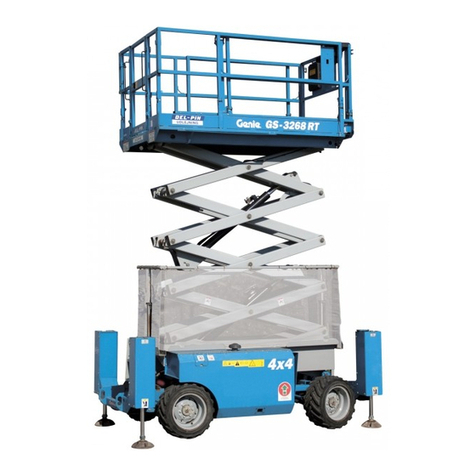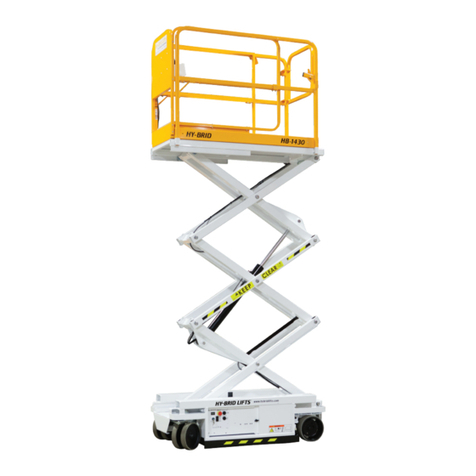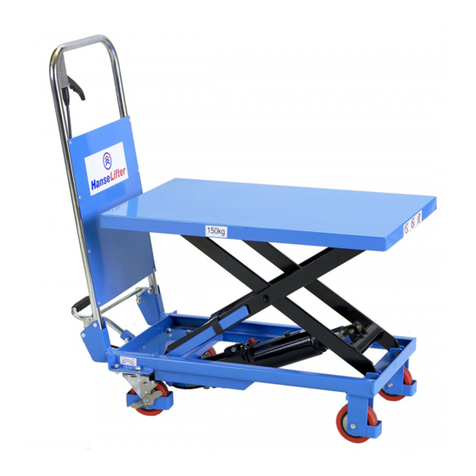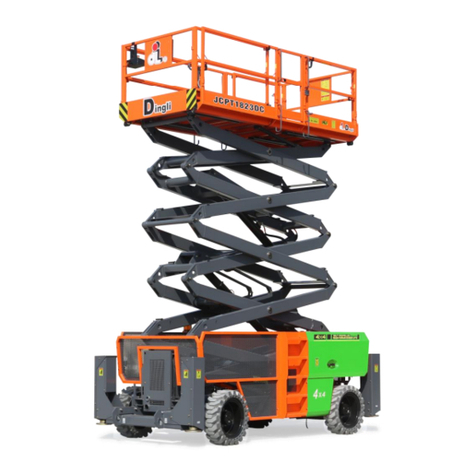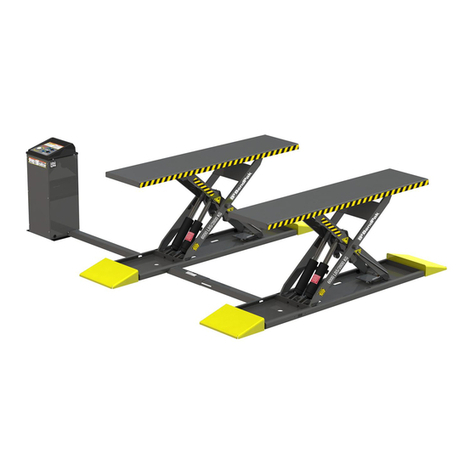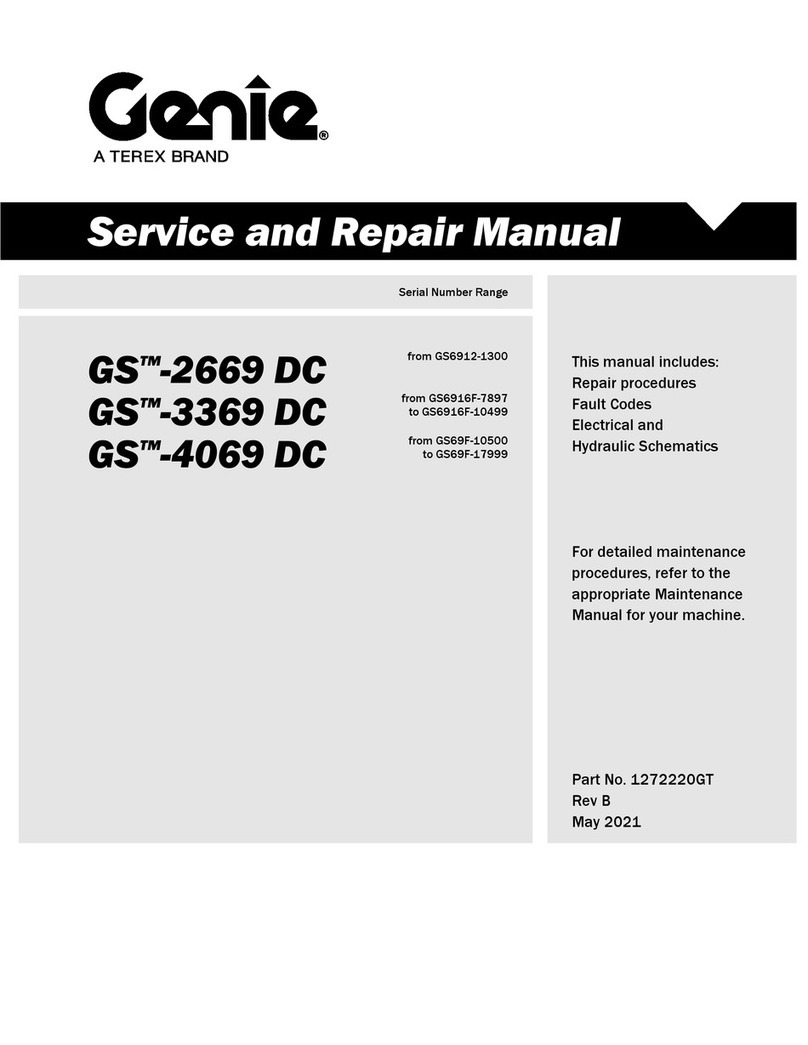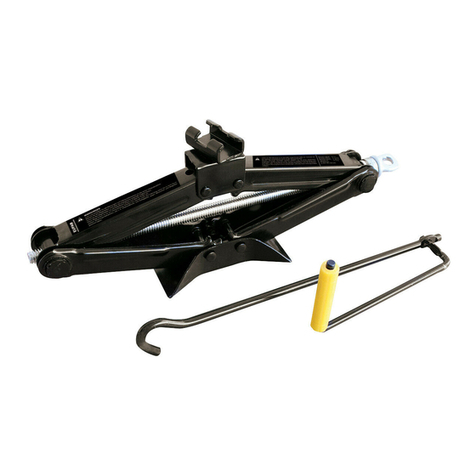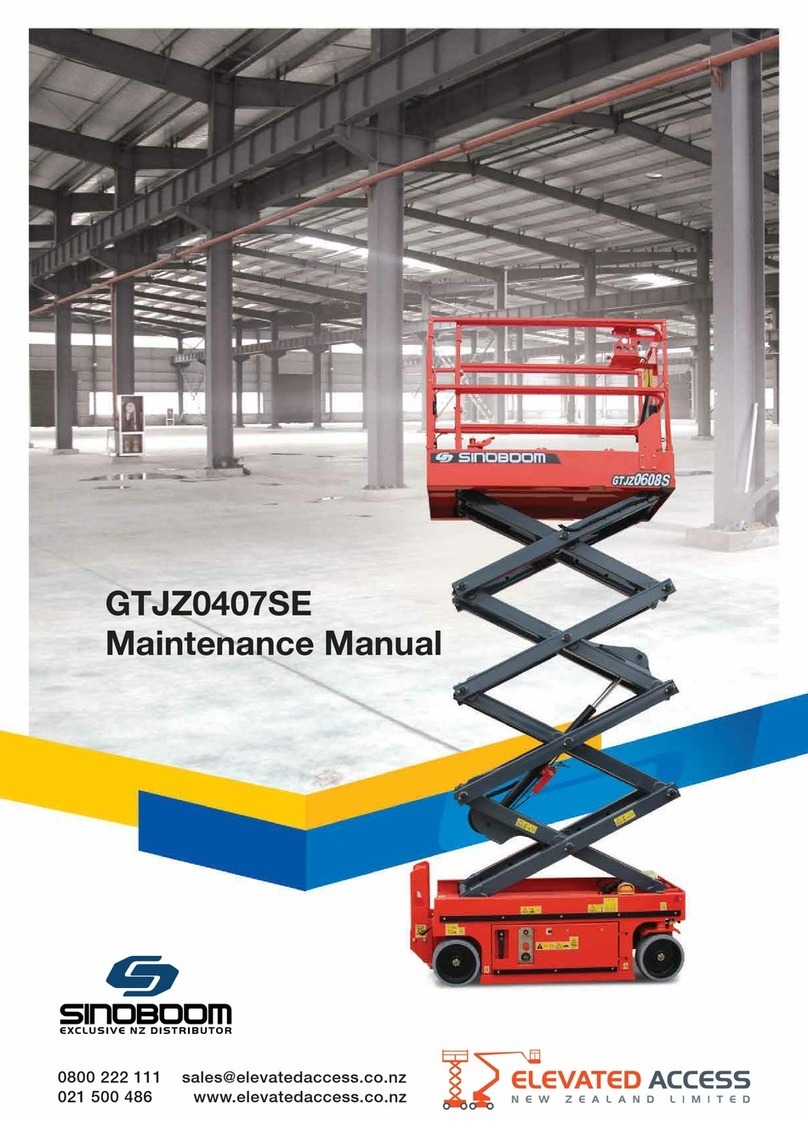
Key Points
Before maintaining the machine, it is necessary to
read, understand and observe those safety rules,
operation instructions and maintenance instructions.
Only the trained and authorized personnel are allowed
to maintain the machine. It is necessary to always
keep this Manual along with the machine as a part of
it. Please contact with Hunan SINOBOOM Heavy
Industry Co., Ltd.
Table of Contents
Importance.......................................................2
Safety Rules ....................................................2
Product Performance Parameters....................4
Operating Procedures......................................8
Regular Maintenance Procedures ...................8
Procedure A...........................................13
A-1 Inspect All Manuals...............13
A-2 Inspect All Labels..................13
A-3 Inspect Damaged, Loose or
Lost Parts.......................................13
A-4 Inspect Hydraulic Oil Level ..14
A-5 Inspect Hydraulic Oil Leakage14
A-6 Functional Tests .....................14
A-7 Carry out Maintenance after 30
Days...............................................14
A-8 Inspect Battery.......................15
Procedure B...........................................16
B-1 Inspect Electric Wires ............16
B-2 Inspect Rim and Tire (Including
Mounting Nuts).............................16
B-3 Test Key Switch .....................17
B-4 Test Emergency Stop Buttons 17
B-5 Test Horn................................17
B-6 Test Braking Device ..............17
B-7 Testing Traveling Speed
(Platform in Lifted State)..............18
B-8 Testing Traveling Speed
(Platform in Fully Retracted State)18
B-9 Test Full Lifting and Full
Lowering Time..............................18
B-10 Inspect Hydraulic Oil...........19
B-11 Check the hydraulic tank
ventilation system .........................19
Procedure C...........................................20
C-1 Replace Air Filter of Hydraulic
Oil Tank ........................................20
C-2 Inspect Platform Weighing
System (Optional) .........................20
Procedure D...........................................20
D-1 Inspect Scissor Arm Installation
Bearing..........................................20
D-2 Inspect Base Frame Slider .....20
D-3 Replace Return Oil Filter of
Hydraulic Oil Tank........................20
Procedure E...........................................21
E-1 Inspect and Replace Hydraulic
Oil..................................................21
Maintenance Procedures ...............................22
Platform Components ...........................23
1-1 How to Remove Electric
Control Box from Platform...........23
1-2 How to Remove Platform.......23
1-3 How to Remove Extension
Platform.........................................23
Scissor Arm Part....................................24
2-1 How to Remove Scissor Arm .24
2-2 How to Remove Lifting
Cylinder.........................................24
Base Frame Components ......................25
3-1 How to dismantle the brake....25
3-2 How to dismantle the driving
motor .............................................25
3-3 How to Remove Storage Battery26
3-4 How to Remove Hydraulic
Valve Block...................................26
3-5 How to dismantle the hydraulic
power unit .....................................26
3-6 How to Remove Hydraulic Oil
Tank...............................................26
3-7 How to Remove Steering Oil
Cylinder of Front Wheel ...............27
3-8 How to dismantle the front
wheel bracket ................................27
Hydraulic System..................................27
4-1 Detection of Function Pump...27
4-2 How to Remove Hydraulic
Pump .............................................28
GTJZ1412 & GTJZ1414 Maintenance Manual




















